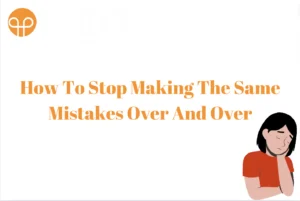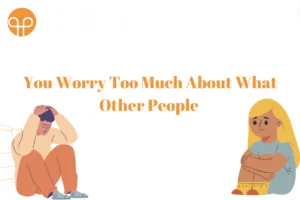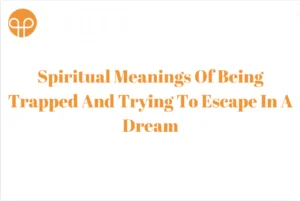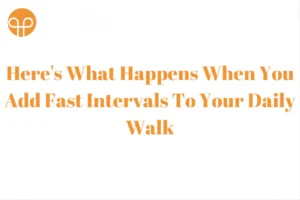Drawing your blood can be a very distressing and uneasy experience for a lot of people considering the idea of piercing the skin with a syringe or needle.
Many get anxious and sometimes feel dizzy after drawing their blood.
Studies have revealed that 1 out of 10 people experience a condition called trypanophobia, a term for the fear of needles, and 2.5% of adults are reported to have passed out during the process of getting their blood drawn.
It is, however, normal to become nervous when you are dealing with needless but a more extreme fear of syringes can lead to people dodging the required bloodwork which results in maximizing the risk of getting severely ill.
Research reveals that adequate preparation can help with managing the experience.
A licensed Psychologist, Lienna Wilson explains why people faint when they have their blood drawn.
Lienna Wilson reveals the two main reasons for this condition and she claims it is their genetics and psychological health.
A lot of people have a fear of needles because of probably bad experiences in the past. If for instance, someone had a horrifying and traumatic session having his blood drawn at a younger age, they may be overly nervous anytime they encounter the procedure when they get older.
Trypanophobia is very prevalent among persons who have chronic experiences that need persistent injections.
This phenomenon results in a vasovagal reaction which is a physiological reaction that happens when the human’s heart rate and blood pressure momentarily fail or abnormally function.
A rise in blood pressure and heart rate can cause an abrupt reduction in blood pressure and heart rate, which minimizes significantly the blood flow to the brain and eventually causes one to lose consciousness.
Re-orient Your Thoughts About Needles
If you are very scared of blood draws, you will relate needles with pain and stress making you nervous and triggering anxiety in you when it means you get to that point where you have to roll up your sleeve for the draw.
A Yale Medicine Psychiatrist and professor, David Klemanski stated that cognitive limitation or modifying negative thoughts can aid you overcome your fears.
He advises that you take blood draws as just getting a very sharp pinch that will last for only a few seconds and remind yourself of the worst pains you have conquered in your life before.
Adopt Applied Muscle Tension
An effective and efficient method to get yourself escaping from fainting during the blood drawing process or blood donations is by adopting applied muscle tension (AMT).
To get this carried out, you would want to flex the core muscles in your legs, arms or glutes either
The American Red Cross advises that the participant cross her legs and harden your knees whilst putting some pressure on your abdominal muscles for 5 seconds.
Applied Muscle Tension increases your blood pressure aiding you to fight the reduction of blood pressure that will result in fainting or passing out.
Take Deep Inhales And Exhales
Taking deep breaths has proven to help people stay calm and conscious during blood draws.
Don’t take very sharp breaths but take it slowly, deep sips of air as it can help control your body’s physiological reaction to anxiety and stress and relax your mind into the entire process.
Be Ready To Get Yourself Distracted
Before you undergo the process, you have to take your mind off the fact that you are going to have the blood drawing procedure.
You can achieve this by thinking about something outside your present moment. It can be a goal you want to achieve in your life or some good thing you experienced in your past that makes you happy and hopeful.
You can also give yourself some distraction by having a casual conversation with someone at the hospital or the health care expert.
The goal is not to be thinking about the blood drawing process.
Seek Exposure Therapy
If attempting all the above and still in fear, you will do well to consult a mental health expert or counselor.
They are skilled in offering the kind of therapy termed as cognitive behavioral therapy (CBT), to assist in alleviating the phobia of needles or syringes.
A more productive and proven technique to overcome phobia is exposure therapy. During this session, you will be encouraged to talk about the varying situations that may spark your fear of needles.
According to Wilson, Exposure therapy assists in absorbing the way to put up with the stress and uneasiness they feel about being injected by, or for example, viewing clips of the process of holding the syringe.
What happens is that, in the end, those who initially dreaded the process will no longer feel short of breath or nervous when the thought of needless enters their minds.
Understand that is a very normal feeling to have when you are about to have your blood drawn so brace yourself and instead of fainting and passing out, face your fears and go with a plan to help you travail and win at the end.
What To Do If You Hate Getting Blood Drawn?
If you are not a fan of needles it is ideal and advised to keep away from looking at the procedure so you want to implore your healthcare expert to caution before undertaking the procedure.
In that instance, you may close your eyes or look away. You can also wear headphones listening to music that will help you to calm your nerves during the process.











